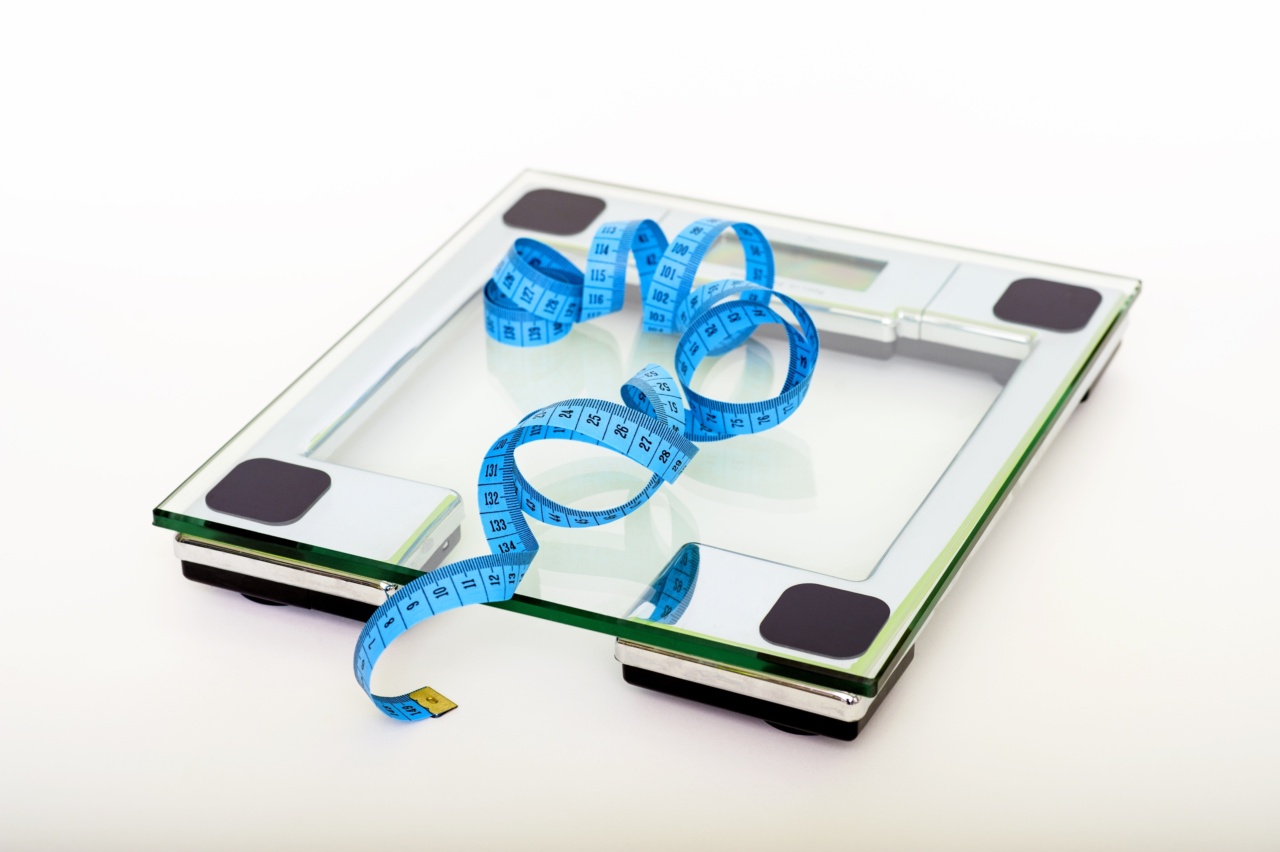Accurate weight measurements are essential for various purposes such as managing your health, tracking progress, or following a specific diet plan.
However, many people may not realize that they are not getting accurate weight measurements due to various factors. It is crucial to ensure that your weight measurements are precise and reliable to make informed decisions about your health and lifestyle.
In this article, we will discuss some tips and best practices to help you get accurate weight measurements consistently.
1. Use a Good Quality Bathroom Scale
The type of scale you use plays a significant role in obtaining accurate weight measurements. Investing in a good quality bathroom scale is essential if you want reliable readings.
Cheap scales tend to provide inconsistent measurements, and their accuracy can be questionable. Look for a scale with a robust construction and a reputation for accuracy. Digital scales are preferable over analog ones as they offer better precision.
2. Place Your Scale on a Hard and Even Surface
Where you place your scale can also affect its accuracy. Uneven or soft surfaces can lead to incorrect readings. Make sure to place your scale on a hard and flat surface such as a tiled or hardwood floor.
Avoid placing it on carpet or rugs as they can compress and cause variations in weight measurements.
3. Weigh Yourself at the Same Time of the Day
Weight can naturally fluctuate throughout the day due to various factors such as food intake, hydration levels, and physical activities. To get consistent and accurate measurements, it is advisable to weigh yourself at the same time each day.
Ideally, weigh yourself in the morning after waking up and using the restroom. This will help eliminate variations caused by food and fluids in your system.
4. Wear Similar Clothing or None at All
The clothes you wear while weighing yourself can add additional weight and affect the accuracy of the measurements. If possible, weigh yourself without any clothes on to get the most precise readings.
If you prefer to wear clothes, make sure to wear lightweight and minimal attire consistently during each weighing session. Avoid heavy shoes, belts, or accessories that can impact the readings.
5. Stand Still and Balanced on the Scale
When stepping on the scale, ensure that your weight is evenly distributed on both feet. Stand still and avoid any unnecessary movements or swaying. Slight movements can influence the accuracy of the readings.
Maintain your balance and wait until the scale stabilizes before noting down the measurement.
6. Calibrate and Maintain Your Scale
Over time, scales can lose their accuracy due to regular use or mishandling. It is recommended to calibrate your scale periodically to ensure its reliability. Refer to the manufacturer’s instructions on how to calibrate your specific scale model.
Additionally, clean your scale regularly and handle it with care to maintain its accuracy.
7. Be Mindful of Weight Fluctuations
Minor weight fluctuations are normal and can occur on a daily basis. Factors like water retention, hormonal changes, and digestion can lead to temporary changes in weight.
It is essential to understand that small fluctuations are part of the natural weight variation. Instead of obsessing over day-to-day changes, focus on long-term trends and overall progress.
8. Use Additional Metrics for Comprehensive Monitoring
Weight alone does not provide a complete picture of your health and wellness. It is useful to track additional metrics alongside weight measurements.
Consider monitoring body fat percentage, waist circumference, or muscle mass to gain a more comprehensive understanding of your overall health. These metrics can help you gauge your progress accurately, especially when combined with regular exercise and a balanced diet.
9. Consult a Professional if in Doubt
If you have concerns about your weight measurements or are experiencing unusual fluctuations, it is always a good idea to consult with a healthcare professional or a registered dietitian.
They can provide guidance, analyze trends, and assess if any underlying factors might be affecting your weight. A professional assessment can help you gain peace of mind and ensure accurate monitoring of your weight.
10. Keep a Record and Monitor Progress
To track your weight accurately, maintain a record of your measurements over time. Whether it’s a mobile app, a spreadsheet, or a handwritten journal, keeping a record allows you to observe trends and progress effectively.
Regularly monitoring your weight can give you insights into your efforts and help you adjust your habits or approach if needed.























